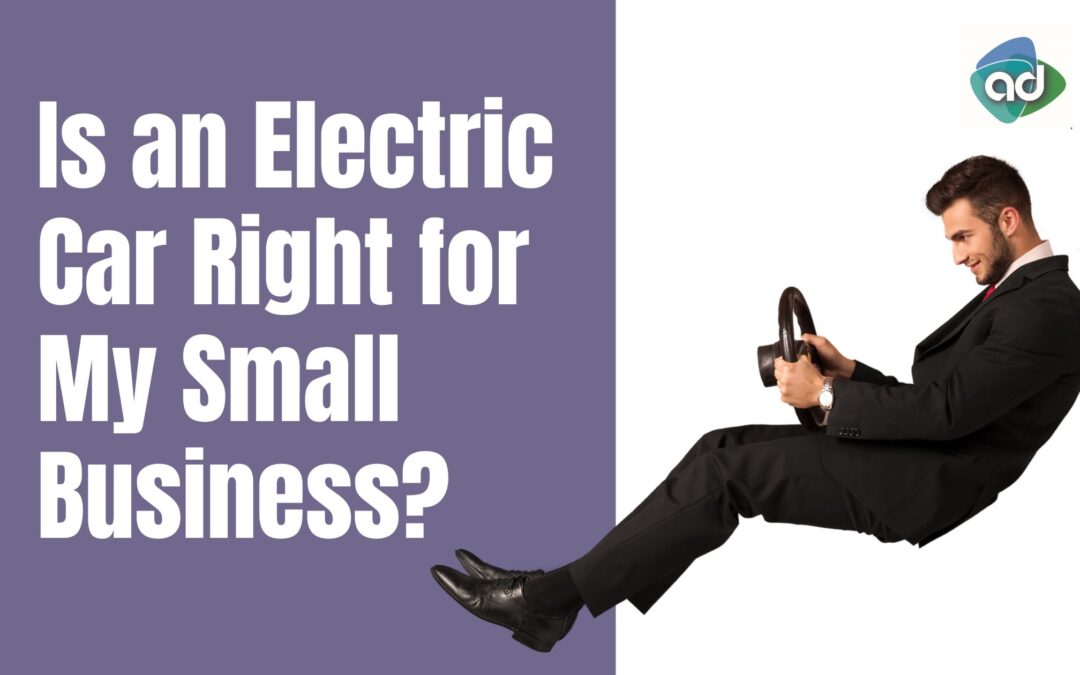Switching to an electric vehicle (EV) for your small business is a significant decision, and it’s important to weigh the pros and cons before making the leap.
Here’s a look at why EVs matter to small UK businesses, covering both the benefits and potential drawbacks.
The Positives
Cost Savings
- Fuel Efficiency: Electric cars are cheaper to run compared to their petrol and diesel counterparts. On average, recharging an EV can save you up to 64% on weekly fuel costs.
- Maintenance: EVs have fewer moving parts, which generally means lower maintenance costs over the vehicle’s lifetime. This can translate to fewer trips to the mechanic and lower service bills.
- Tax Benefits:
- Benefit in Kind (BiK): The BiK rate for electric company cars is 2% for the 2024/25 tax year, increasing by 1% annually until it reaches 5% in 2028. This is significantly lower than the maximum 37% BiK rate for petrol or diesel cars.
- Corporation Tax Relief: Businesses can claim 100% of the lease payments as a deductible expense if the vehicle emits 50g/km of CO2 or less. For hire purchases, you can claim the entire purchase price as a first-year allowance.
Environmental Impact
- Reduced Emissions: EVs produce zero tailpipe emissions, which helps in reducing your business’s carbon footprint and supports environmental sustainability.
- Government Incentives: There are various grants and incentives available, such as the Plug-in Grant which offers up to £2,500 off the purchase price of eligible new electric cars, and the Workplace Charging Scheme (WCS), which covers up to £350 per socket for the installation of charge points.
Additional Benefits
- Exemptions: EVs are exempt from certain charges like the London Congestion Charge, saving businesses money if they operate within these zones.
- Enhanced Image: Operating electric vehicles can improve your business’s image by showcasing your commitment to sustainability.
The Negatives
Higher Initial Costs
- Purchase Price: Electric vehicles often have a higher upfront cost compared to traditional internal combustion engine (ICE) vehicles. This can be a barrier for small businesses with tight budgets.
- Charging Infrastructure: Installing charging points at your business premises or home can be expensive and logistically challenging, especially if you don’t have off-street parking.
Range and Charging
- Limited Range: EVs generally have a shorter range than petrol or diesel vehicles, which might not be suitable for businesses that require long-distance travel or operate in areas with limited charging infrastructure.
- Charging Time: Recharging an EV takes longer than refueling a petrol or diesel car, which can lead to downtime if charging points are not readily available.
Depreciation and Resale Value
- Depreciation: The resale value of electric vehicles can be lower compared to traditional cars, although this is changing as the market for EVs grows and technology improves.
- Uncertain Future: Rapid advancements in EV technology could mean that current models depreciate faster as newer, more efficient models become available.
Why It Matters to Small UK Businesses
- Financial Planning: Understanding the cost implications, both savings, and expenses, is crucial for budgeting and financial planning. EVs can offer long-term savings but require a higher initial investment.
- Environmental Responsibility: As environmental concerns grow, businesses that adopt sustainable practices can enhance their reputation and meet increasing consumer and regulatory demands for green practices.
- Government Policies: Staying informed about government incentives and regulations can help small businesses make the most of available benefits and avoid penalties.
Deciding whether an electric car is right for your small business involves considering both the positives and negatives.
While there are significant cost savings and environmental benefits, there are also higher initial costs and practical challenges to consider.
Each business will need to assess these factors based on their specific needs and circumstances. Carefully weigh these considerations to determine the best option for your business needs.

